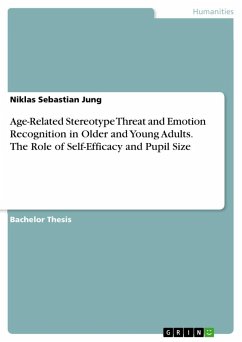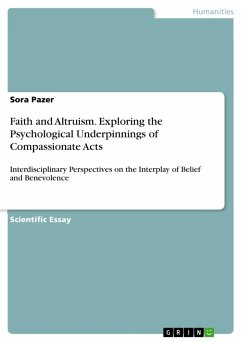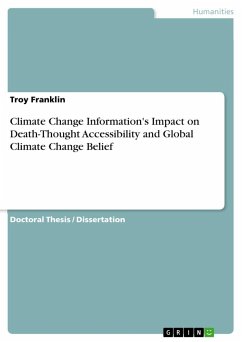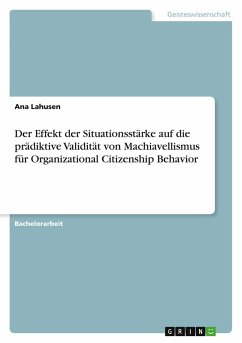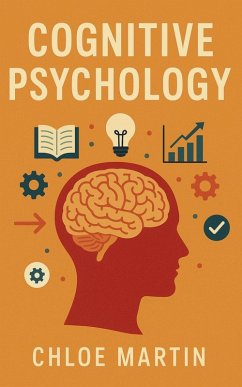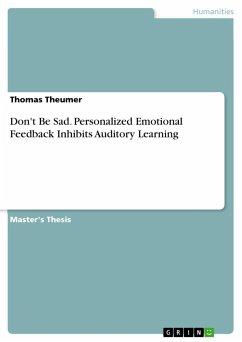
Don't Be Sad. Personalized Emotional Feedback Inhibits Auditory Learning
Versandkostenfrei!
Versandfertig in 1-2 Wochen
47,95 €
inkl. MwSt.

PAYBACK Punkte
0 °P sammeln!
Master's Thesis from the year 2024 in the subject Psychology - Miscellaneous, grade: 2,1, Technical University of Chemnitz (Institut für Medienforschung), course: Forschungskolloquium der Professur Psychologie Digitaler Lernmedien, language: English, abstract: The purpose of this study is to investigate the impact of personalized negative emotional feedback on learning performance in an online learning environment. In addition to this primary focus, the study also considers the mediating role of mental effort and extraneous cognitive load (ECL), as well as the moderating effect of learner ori...
Master's Thesis from the year 2024 in the subject Psychology - Miscellaneous, grade: 2,1, Technical University of Chemnitz (Institut für Medienforschung), course: Forschungskolloquium der Professur Psychologie Digitaler Lernmedien, language: English, abstract: The purpose of this study is to investigate the impact of personalized negative emotional feedback on learning performance in an online learning environment. In addition to this primary focus, the study also considers the mediating role of mental effort and extraneous cognitive load (ECL), as well as the moderating effect of learner orientation. A 2x2 between-subjects experiment was conducted to investigate the impact of emotion (sadness versus anger) and personalization (for example, "The outcome of your efforts is unfavorable" versus "The outcome is unfavorable") on learning performance, mental effort, extraneous cognitive load, and learner orientation. Participants engaged with an online learning material and received brief emotional feedback without justification. A single choice test and self-reported scales were used to assess learning performance, mental effort, ECL, and learner orientation. The results demonstrated a significant difference in learning performance between the conditions. Pairwise comparisons revealed that learners in the sad non-personalized condition achieved significantly better learning outcomes than those in the sad personalized condition, with a medium effect size. Furthermore, the results indicate, in a descriptive and non-statistically significant manner, that learners in the personalized angry condition achieved better learning outcomes than those in the non-personalized angry condition.The b-path of the mediation model for mental effort was significant, indicating that mental effort partially mediated the relationship between personalization, emotion, and learning performance. ECL did not mediate this relationship. The moderating role of learner orientation was not found to influence the effects of (personalized) emotional feedback on learning outcomes. This study contributes to the understanding of how personalized emotional feedback affects learning performance in online environments, considering the moderating role of learner orientation. It highlights the potential detrimental effects of personalized negative feedback, particularly sadness, on learning outcomes and the mediating role of mental effort in this relationship. The findings provide valuable insights for the design of effective feedback interventions tailored to individual learner characteristics in digital learning contexts and advance the knowledge of underlying psychological mechanisms in auditory learning.



